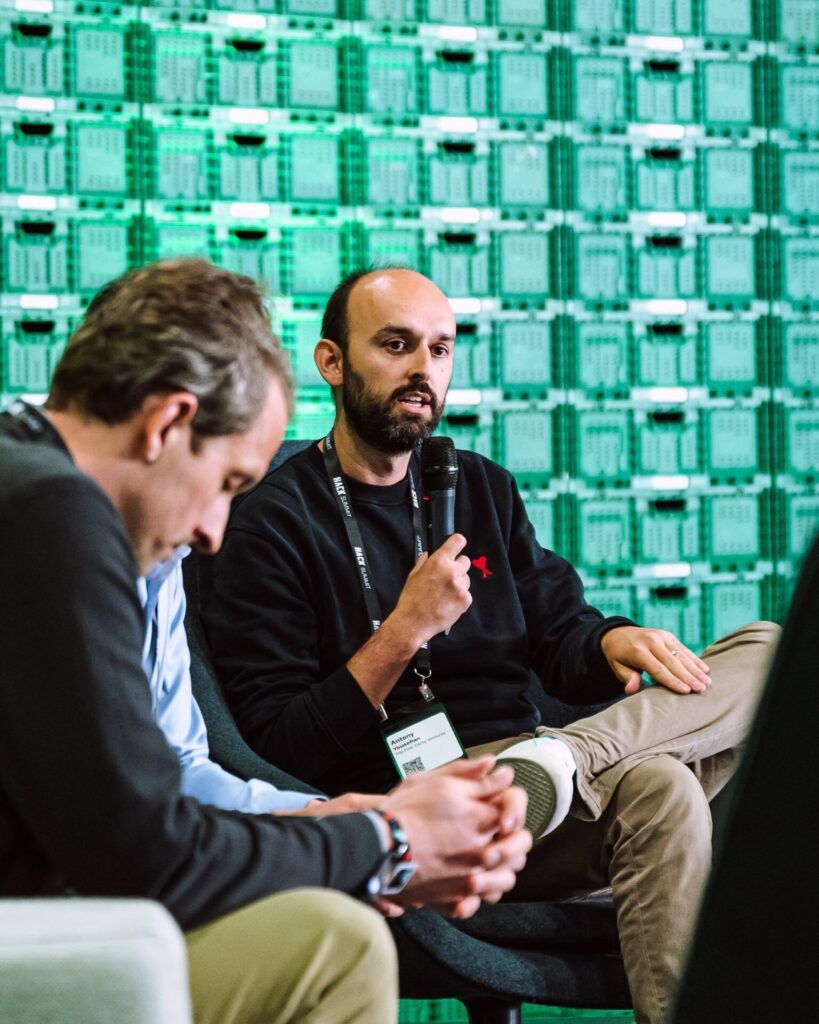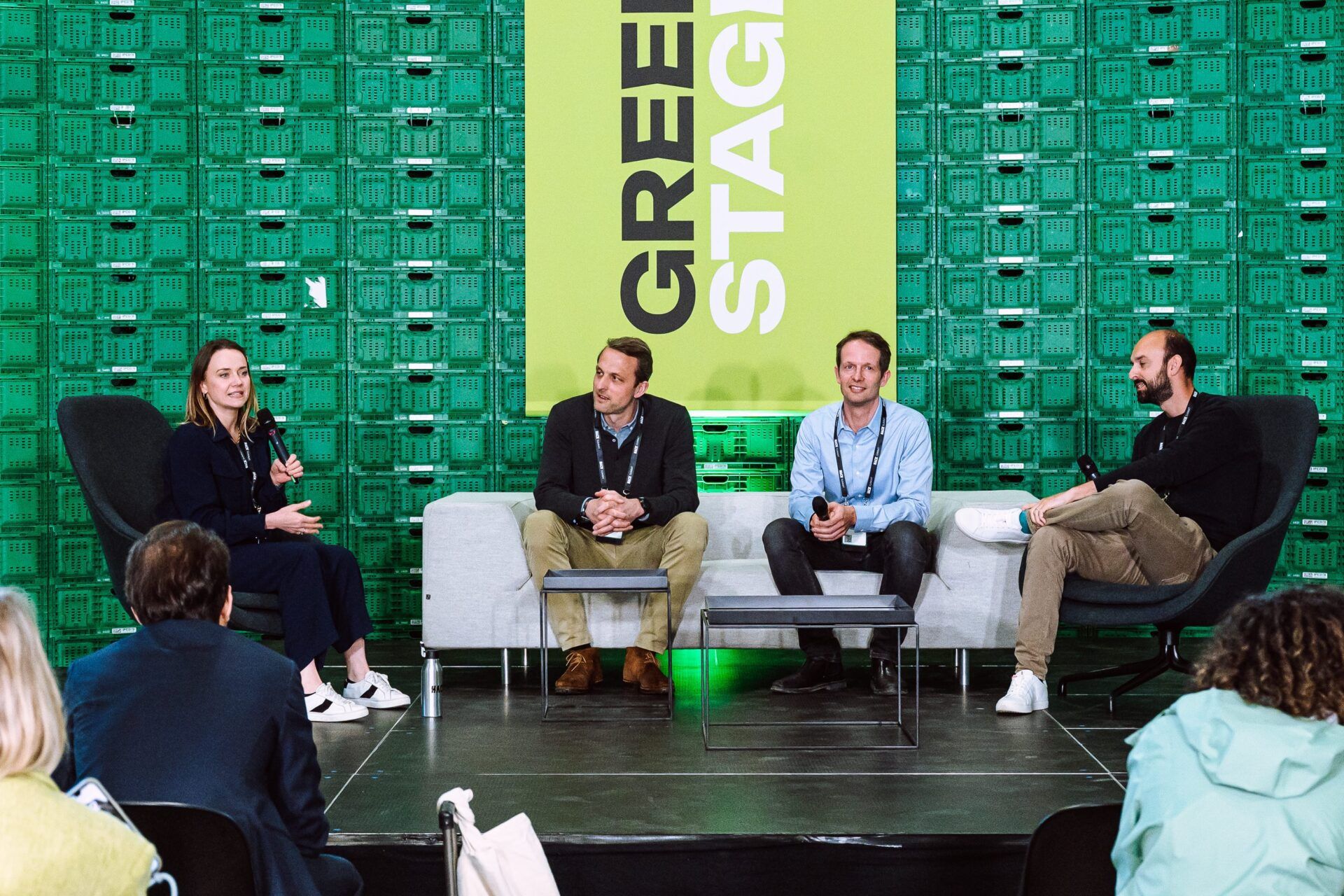For a while now, people have been questioning the value of carbon credits generated by the forestry and agriculture sectors.
Many commentators including myself have likened carbon farming initiatives to the Wild West of the agriculture sector as the science behind the measurement of soil carbon at any scale is still fairly basic and unreliable. Lagging regulation is another potential risk for innovators in the space as are the varying standards used by the few high-profile certifiers responsible for issuing the majority of carbon credits to corporations trying to meet their net-zero targets. This didn’t stop agrifoodtech investors from putting carbon-related startups at the top of their investment wishlist for 2023, as featured in the AgFunder global agrifoodtech investment report.
But the cracks are now starting to show and earlier this year an investigation by The Guardian revealed that over $1 billion of carbon credits certified by leading platform Verra could be worthless. Verra approves three-quarters of all voluntary carbon offsets but according to the investigation, 94% of Verra-certified carbon credits had no benefit to the climate with little evidence of deforestation reduction. Furthermore, The Guardian argues that the threats to the forests were overstated. While the Integrity Council for the Voluntary Carbon Market, an independent governance body, has since released a new set of rules aimed at boosting the “integrity” of the global carbon market, commentators are arguing that 2023 is a “make or break year” for carbon markets.
The situation escalated this week as the CEO of Verra announced he is stepping down.
Two weeks ago, at the Hack Summit in Lausanne, Switzerland, organized by our friends at Hack Capital, I moderated a panel of three entrepreneurs working on carbon-related initiatives in the food and agriculture issue to dig into the state of carbon offsetting today: the good, the bad and the ugly, and what the future might hold. While linked to the Verra situation, it’s important to note that the conversation was mostly based on agriculture-related carbon offsetting compared to Verra’s focus on forestry.
Antony Yousefian, VP of Climate & Circularity at Wiliot, an ambient sensing and IoT company that’s started tracking the carbon footprint of food through the supply chain, argued that certifications need to be done by consensus involving multiple entities and people to avoid poor quality credits; currently certifying bodies are almost incentivized to issue credits. He highlighted the Open Forest Protocol as an example of a consensus-based model.

Jerome Cochet, cofounder of GoodCarbon, a marketplace matchmaking buyers and sellers of carbon credits focused mostly in forestry but also in agriculture, said that while he had certainly noticed a reduction in demand for carbon credits in the wake of the Verra scandal, he was still glad The Guardian had surfaced the investigation as it meant companies were now focusing on the quality of their carbon credits, which is only a good thing. “So they want to invest into projects which last a long time and which really have a true impact. And I guess that was the right push to bring into the market, but it also put a couple of [carbon credit purchasing] decisions on hold,” said Cochet.
Also on the panel was Robert Gerlach, founder of Klim, a German startup helping farmers transition to regenerative agriculture, a system of farming that can help them to store carbon in their soils and thereby potentially sell offsets. [Disclosure: AgFunder, AFN’s parent company, is an investor in Klim.]
In the context of generating soil carbon through farming, Gerlach’s main argument was that while the measurement part is certainly imperfect, albeit improving all the time, the industry needed to start somewhere, urgently. “If we do not get the agriculture sector to change dramatically very quickly, then we won’t achieve our climate targets. And so we need to accept a certain level of pragmatism. That means we should be aware of the measurement errors we incur, calculated in, and then move forward with that knowledge ahead,” said Gerlach.
Other takeaways from the quick 30-minute session about carbon offsetting included the worry that carbon tunnel vision was relegating other important environmental factors like biodiversity and was especially “short-sighted” when related to the benefits of regenerative agriculture. The impact on farmer livelihoods also came up, but perhaps not in as much detail as I’d have hoped as I expressed my concerns that this was yet another way farmers could get the raw end of the deal. Related but not in response to that, Yousefian had a mike drop moment when asked by an audience member about the differing quality of carbon credits, arguing that carbon credits should not even be a commodity and instead, we should be paying farmers an asset management fee to look after their stored carbon.
We also talked about carbon offsetting regulation and what form and shape that was coming in in Europe and the US and how that will impact operations across the supply chain. And lastly, the panelists all shared what’s at the top of their wishlist for the future of carbon markets.
It’s a quick 40-minute video and I encourage you to watch it and let me know what you think. And excuse my fast talking!





